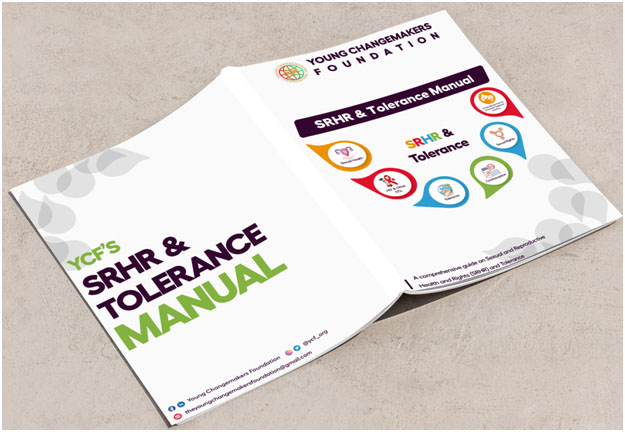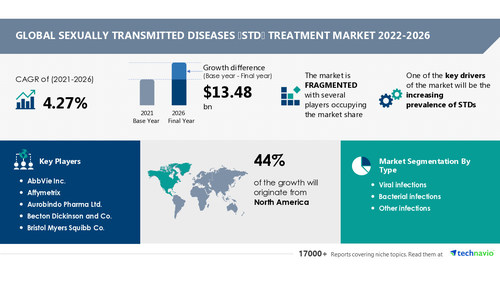Introduction
Sexual and Reproductive Health and Rights (SRHR) involves all the issues and rights that has to do with a person’s sexual and reproductive life.
SRHR encompasses four areas:
Sexual Health: This is a state of physical, emotional, mental, and social well-being in relation to sexuality; it is not merely the absence of disease, dysfunction, or infirmity. Sexual health requires a positive and respectful approach to sexuality and sexual relationships, as well as the possibility of having pleasurable and safe sexual experiences, free of coercion, discrimination, and violence. For sexual health to be attained and maintained, the sexual rights of all persons must be respected, protected, and fulfilled (WHO, 2006a).
Sexual Rights: The application of existing human rights to sexuality and sexual health constitutes sexual rights. Sexual rights protect all people’s rights to fulfil and express their sexuality and enjoy sexual health, with due regard for the rights of others and within a framework of protection against discrimination (WHO, 2006a, updated 2010).
Reproductive Health: Reproductive health is a state of complete physical, mental, and social well-being and not merely the absence of disease or infirmity, in all matters relating to the reproductive system and to its functions and processes (WHO, 2022).
Reproductive Rights: Reproductive rights are the rights associated with reproductive health, as well as the freedom to make reproductive decisions free from coercion, discrimination, and violence.
Topics Covered Under SRHR Education
Topics taught under SRHR could include the following;
Puberty
Reproduction
Sexual Health
Dating
Family Planning
Gender-based Violence
Sexually Transmitted Infections (STIs)
Abstinence
Consent Education
Contraception
Sexuality Throughout Life
Gender Roles Diversity
Sexuality in the Media
Children’s Rights
Current Realities About Comprehensive SRHR Education in Nigeria
One of the major reasons comprehensive SRHR education is not taught in Nigerian secondary schools is that cultural and social norms in Nigeria forbid the open discussion of sex and related topics, particularly with young people. Also, there is a fear that it would lead to promiscuity amongst adolescents. However, multiple peer-reviewed research, including a study by the World Health Organization (WHO) has shown that SRHR programs that educate young people about abstinence and contraception do not lead to an increased sexual activity, neither do these programs encourage adolescents to engage in sexual intercourse at a younger age. Furthermore, religion plays a significant role regarding the lack of comprehensive SRHR education in the curriculum of secondary schools in Nigeria.
Why Should Comprehensive SRHR Education Be Included in the Curriculum of Secondary Schools in Nigeria?
Comprehensive SRHR education in secondary schools aims to provide accessible, accurate, inclusive, and positive information to adolescents.
It’s important to note that students have the right to accurate health education and there is no better place for them to get it than from a regulated and trusted environment like the school. Also, several evidence-based research that have been conducted at national and international levels have revealed the multiple benefits of SRHR education including; delayed sexual initiation, reduction in sexual risk-taking, increased utilization of contraception and improved attitude to sexual and reproductive health.
Inclusion of comprehensive SRHR education into the curriculum of secondary schools in Nigeria will improve adolescent health and wellbeing, and reduce their risk of contracting HIV/AIDS and other sexually transmitted diseases (STDs)— as UNAIDS estimates that only 42.6% of women aged 15-24 possess correct knowledge of HIV prevention, while only 33.7% of men aged 15-24 possess correct knowledge of HIV prevention (UNAIDS, 2018). Also, according to the Demographic and Health Survey 2018, 35.6% of women aged 15-19 had multiple partners and used a condom at last sex, while 56.0% of men aged 15-19 had multiple partners and used a condom at last sex. Furthermore, 107.3 per 1000 women aged 15 – 19 are mothers (United Nations Population Division 2015 – 2020). Of course, an overwhelming majority of adolescent pregnancies are unwanted and unplanned. The inclusion of comprehensive SRHR education in the curriculum of secondary schools will significantly reduce the rate of adolescent pregnancy in Nigeria. Reduction of adolescent pregnancy will reduce the rate of secondary school dropout in Nigeria because adolescent pregnancy is one of the leading causes of secondary school dropout in Nigeria. Also, reduction in adolescent pregnancy will reduce the rate of adolescent death because maternal conditions is one of the leading causes of death among adolescents (WHO, 2022).
In addition, adolescents have unfettered access to information via the internet. Due to the culture of silence regarding sexual health and related topics in Nigeria, adolescents tend to turn to the internet to satisfy their curiosity. Unfortunately, in the search for answers, they usually become prone to wrong information and pornography. Also, due to the rapid changes in our society, adolescents are more exposed to explicit contents than ever before— from social media to TV shows, music videos, video games and many other channels, adolescents are already viewing hyper-sexualized contents.
Therefore, it is imperative that the government, policy makers, schools (both public and private), teachers, parents, civil society organizations and other stakeholders take concrete actions to ensure that comprehensive SRHR education is included in the curriculum of secondary schools in Nigeria. It is also important that secondary school teachers are adequately trained and supported to prevent passing the wrong information and values to the students.
At Young Changemakers Foundation, we have created an age-appropriate SRHR and Tolerance Manual that will support teachers, schools, and organizations in Nigeria and beyond to adequately teach adolescents SRHR, as well as Tolerance.
Conclusion
Comprehensive SRHR education goes beyond sex education, it involves all the issues and rights that has to do with one’s sexual and reproductive life. Although, the onus is on Nigerian parents to enlighten their children on SRHR, it must not be totally left to the hands of the parents. The school should act as an excellent support system for SRHR education. If comprehensive and age-appropriate SRHR education is taught in secondary schools in Nigeria, students will be confident to seek help when they face any challenges with their sexual and reproductive health, or if their sexual and reproductive rights are infringed upon. Furthermore, this will make Nigeria a better country as cases of HIV/AIDS and other STDs, adolescent pregnancy, and school dropout will significantly reduce. Also, cases of child molestation will be reduced as children will be equipped with the knowledge and confidence to deal with such situations if they arise.
Author(s)
This article was written by Damilola Babatunde for Young Changemakers Foundation.
About Young Changemakers Foundation
Young Changemakers Foundation is a youth-led and impact-oriented organization that is focused on positively transforming people and communities through peacebuilding and empowerment initiatives/projects.
Vision: To create a global culture of peace, justice, and development.
Mission: To effectively mobilize individuals, organizations, communities, institutions, and governments to take concrete actions for peace and development.
Follow and reach us via our social media handles;
Facebook: Young Changemakers Foundation
LinkedIn: Young Changemakers Foundation
Instagram: theycf_org
Twitter: theycf_org
Discovered on: 2023-03-24 07:04:18
Source: Young Changemakers Foundation Calls for the Inclusion of SRHR in the Curric…



